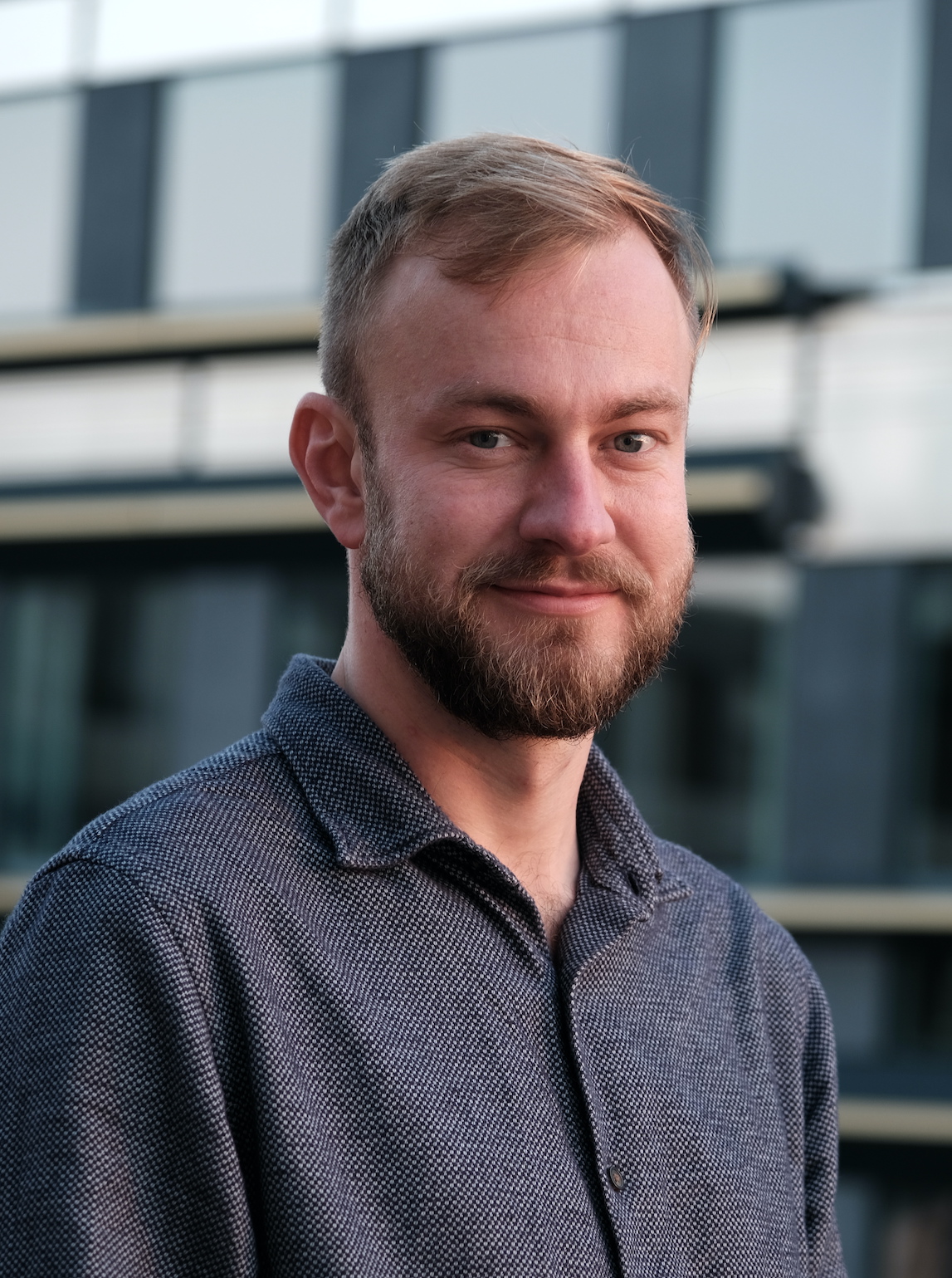On Tuesday, May 7, 2024, at 12:30 PM, Pavel Horak, PhD, (Ethnological Institute of the Czech Academy of Sciences) will give a lecture titled “Orthodoxy and Otherness: Exploring the Doctrinal Dynamics in the Relationships Between Christianity and Contemporary Paganism” in the SASA Building (Knez Mihailova 36, 4th floor, room 404). The lecture will be in English.
Horak, PhD, will analyze the phenomenon of modern paganism as one of the fastest-growing religions in Europe and the United States in the context of its relationship with Christianity. To fundamentally understand this relationship, it is essential to analyze the very structures of belief. Margot Adler proposed, and many scholars and members of pagan movements supported, the thesis that practice in contemporary paganism surpasses the significance of belief content, making paganism a sort of religion without doctrine.
Based on field research in several European countries, Horak, PhD, seeks to challenge this thesis: he argues that in defining boundaries or in conditions of conflict, the vague, broad beliefs in paganism transform into strict doctrines, which serve to delineate paganism in relation to other religions or secular ideologies. These doctrines gain authority derived from Christianity: by introducing a binary division between truth and falsehood, they aim to establish doctrinal consistency and a form of pagan orthodoxy.
As contemporary paganism has adopted certain aspects of Christian belief structures, doctrinal disputes have emerged within it, such as those between the Germanic neopaganism (Heathenry) group and Wiccans. This phenomenon reflects a model of religion that Christianity itself represents in contemporary society, thus influencing new religious movements that significantly differ from it. Therefore, understanding contemporary paganism also requires an understanding of contemporary Christianity.
